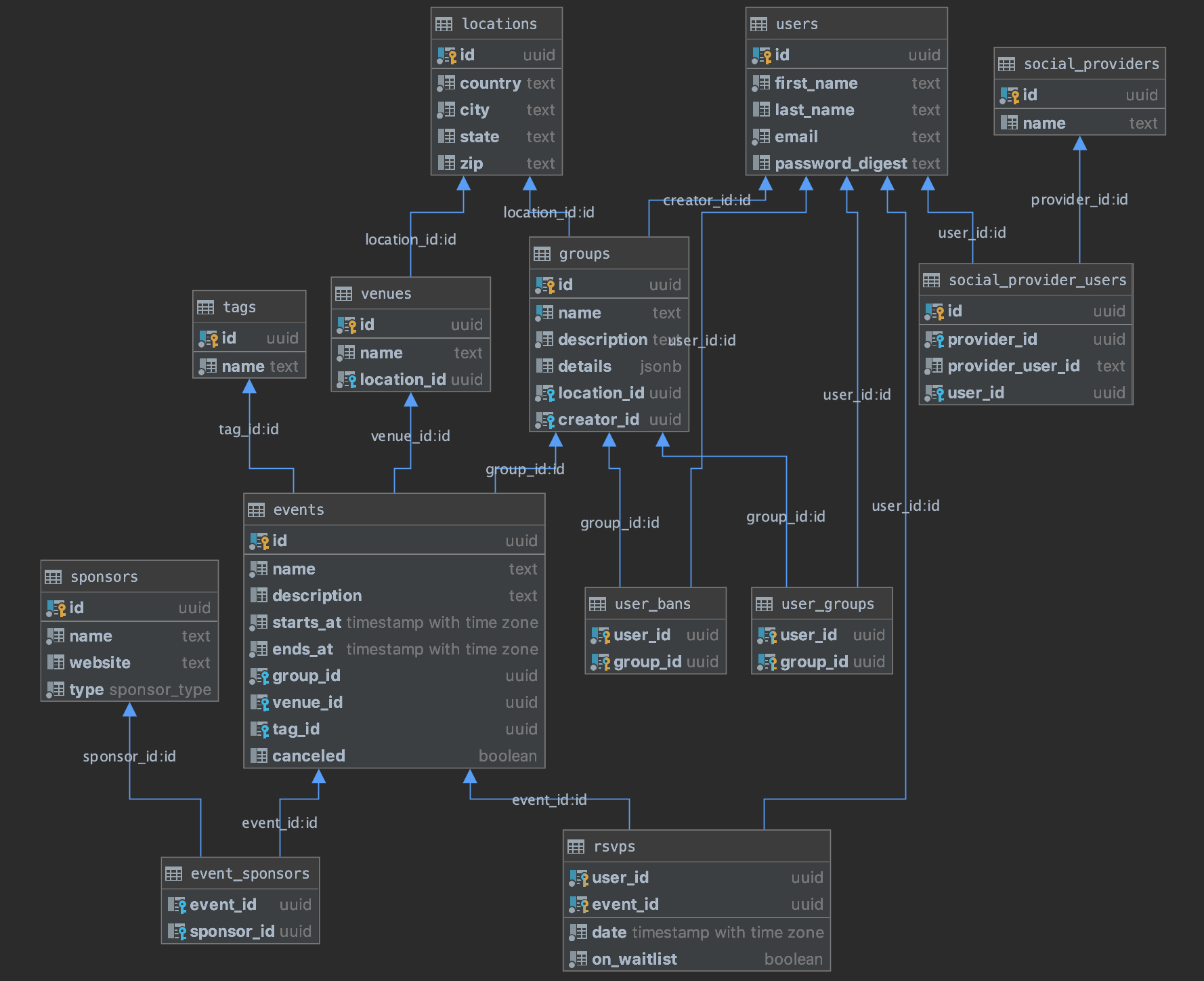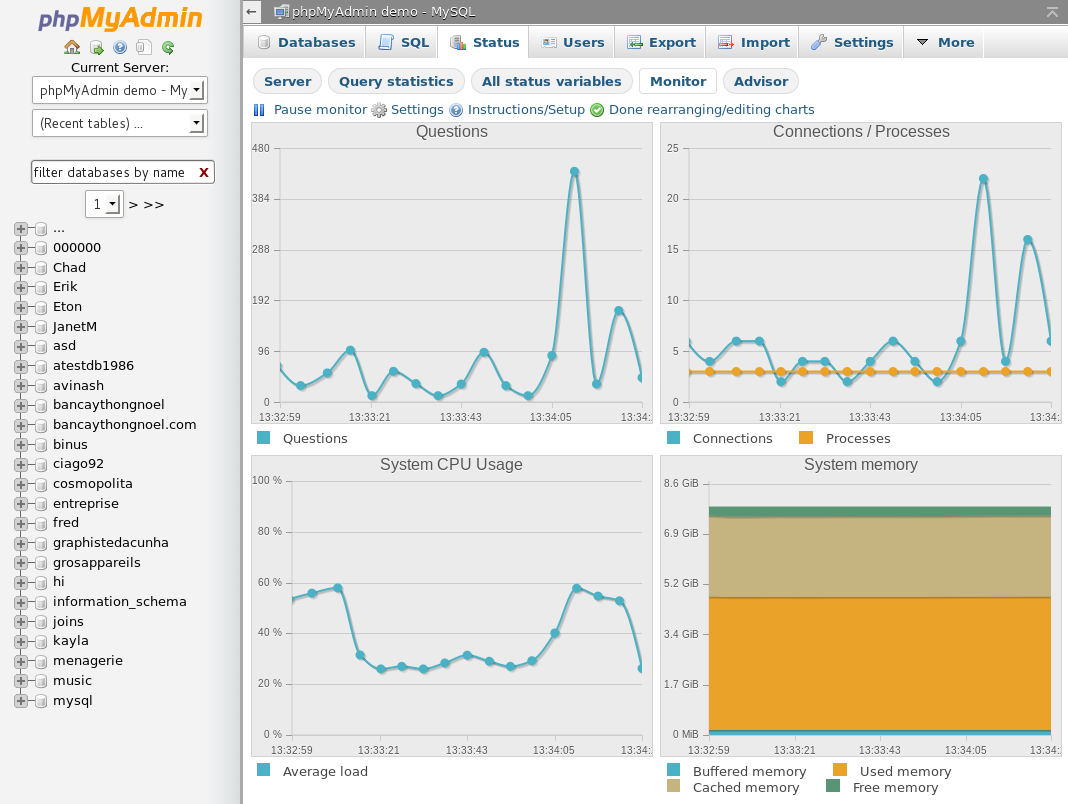

Then switch to this database with the USE command: You can name your database whatever you’d like, but in this guide we will name it source_db: Start by opening up the MySQL prompt on your MySQL server:Īfter entering your root MySQL user’s password, you will see the MySQL prompt.įrom there, create a new database by running the following command. We encourage you to practice using pgLoader with this test case, but if you already have a database you want to migrate, you can move on to the next step. This step describes the process of creating a test database and populating it with dummy data. Step 1 - (Optional) Creating a Sample Database and Table in MySQL

Please keep these in mind as you follow this tutorial so as to avoid any confusion. Similarly, this guide will refer to the other server as the “ PostgreSQL” or " Postgres" server and any commands that must be run on that machine will be shown with a red background: Please note that throughout this guide, the server on which you installed MySQL will be referred to as the “ MySQL server” and any commands that should be run on this machine will be shown with a blue background, like this: As you follow this guide, be sure to use your PostgreSQL server as the MySQL client machine, as you will need to be able to connect to your MySQL server from your Postgres machine in order to migrate the data with pgLoader.
#Tableplus vs pgadmin how to
To set this up, complete every step of our tutorial on How To Configure SSL/TLS for MySQL on Ubuntu 18.04, including the optional Step 6. Your MySQL server should also be configured to accept encrypted connections.
#Tableplus vs pgadmin install
To set this up, complete Step 1 of our guide How To Install and Use PostgreSQL on Ubuntu 18.04. PostgreSQL installed on the other server.Please note that in order to complete all the prerequisite tutorials linked here, you will need to configure your root MySQL user to authenticate with a password, as described in Step 3 of the MySQL installation guide. To set this up, follow Steps 1, 2, and 3 of our guide on How To Install MySQL on Ubuntu 18.04. MySQL installed on one of the servers.To set these up, you can follow our Initial Server Setup guide for Ubuntu 18.04. Both servers should have a firewall and a non-root user with sudo privileges configured. Access to two servers, each running Ubuntu 18.04.To complete this tutorial, you’ll need the following: Near the end of the tutorial, we will also briefly touch on a few different migration scenarios where pgLoader may be useful. This tutorial provides instructions on how to install pgLoader and use it to migrate a remote MySQL database to PostgreSQL over an SSL connection. It supports migrations from several file types and RBDMSs - including MySQL and SQLite - to PostgreSQL. pgLoader is an open-source database migration tool that aims to simplify the process of migrating to PostgreSQL. The prospect of migrating a database can be intimidating, especially when migrating from one database management system to another. It has seen a drastic growth in popularity in recent years, with many developers and companies migrating their data to Postgres from other database solutions. PostgreSQL, also known as “Postgres,” is an open-source relational database management system (RDBMS).


 0 kommentar(er)
0 kommentar(er)
